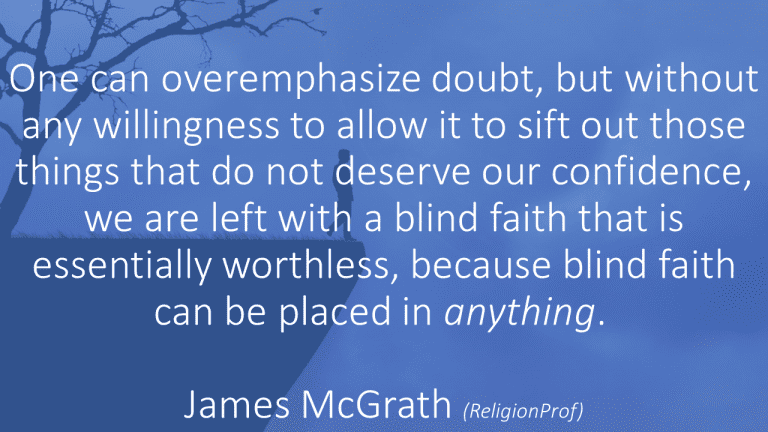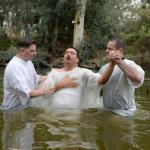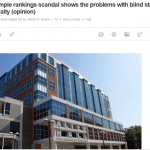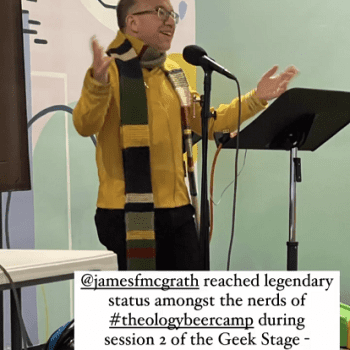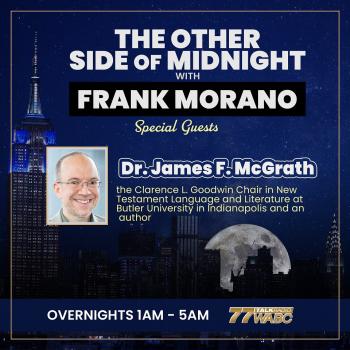A colleague shared a piece by Owen Strachan on another Patheos blog, one that argues against the positive view of doubt that is articulated by progressive Christians. I commented on Facebook and shared a few thoughts about it, and think that perhaps it is worth saying the same things and slightly more here on the blog. Here are my main points in response to the piece:
1) For a piece that is supposedly defending the “biblical view” of faith, the entire piece is noticeably sparse on biblical quotations;
2) Where they are present, they are not done justice to:
– in one case Strachan has rewritten the text to say what he thinks it should have said (“Every Christian must pray, “Help my unbelief, Lord, and forgive me for it!” (see Mark 9:14-29)”);
– but he also calls Jesus inviting Thomas to confirm the resurrection a “rebuke” which is certainly not something the text says explicitly, if it even implies it (in a ridiculous caricature of anything that might be said about this story in the Gospel of John from a progressive Christian perspective, Strachan writes, “If Jesus wanted to make room for doubt–for disbelief–in the confession of the Christian, he would have said the opposite of this–“Do not believe only, but also disbelieve, for that is authentically human.” But Jesus nowhere says that, and nowhere comes close to saying that.”);
– and he fails to do justice to the fact that the faith referred to in the James passage is confidence in God, and the context is precisely a recognition that human beings lack wisdom!
3) The Biblical teaching about the shortcomings of human knowledge and human wisdom is likewise neglected, for instance 1 Corinthians 8:2 “Those who think they know something do not yet know as they ought to know”; or Deuteronomy 29:29 “The secret things belong to the Lord our God, but the things revealed belong to us and to our children forever, that we may follow all the words of this law”; not to mention more obvious ones such as “now we know in part” and “trust in the Lord with all your heart and lean not on your own understanding.”
And so I find the treatment of doubt – and of faith – to be seriously inadequate and highly disappointing.
For what I consider a more helpful and honest treatment of doubt, faith, and church attendance, see Emma Higgs’ post about staying in church after a “faith deconstruction” experience. See too Zack Hoag’s post about the need for doubt, as well as doubting of our doubts, and also confidence. One can overemphasize doubt, but without any willingness to allow it to sift out those things that do not deserve our confidence, we are left with a blind faith that is essentially worthless, because blind faith can be placed in anything.
